
The quest to rebuild the U.S. iceabreaking fleet continues to move at lightening speed, with Seaspan Shipyards (Seaspan) signing agreements with Bollinger Shipyards (Bollinger) and Rauma Marine Constructions Oy (Rauma) to provide its Multi-Purpose Icebreaker (MPI) design and associated supply chain packages to enable rapid construction and delivery of up to six vessels for the U.S.
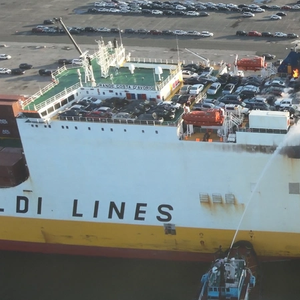
The National Transportation Safety Board issued a safety alert Wednesday urging greater awareness and training for land-based firefighters who may be called to fight fires aboard vessels in local ports.The safety alert follows several NTSB investigations into deaths and injuries to firefighters.
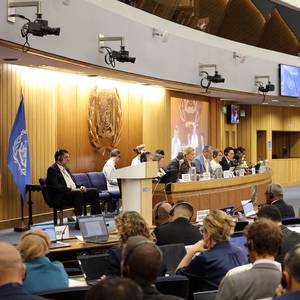
The 110th session of the Maritime Safety Committee (MSC 110) was held from June 18 to 27, with significant progress on a new non-mandatory code of safety for autonomous ships (MASS Code).The code addresses the emerging need for a regulatory framework to ensure the safe, secure and environmentally sound operation of autonomous and remote-controlled key functions.
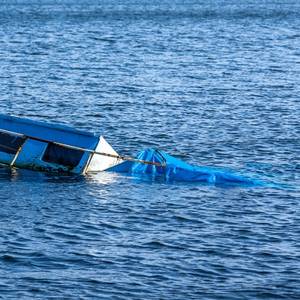
By the time Robbie Roberge spotted the fire consuming his boat's galley last August, he knew he had just minutes to evacuate his beloved Three Girls fishing vessel, named for his daughters.As the flames spread up the boat's walls, he helped his crew into safety suits, deployed a life raft and made a mayday call to alert nearby mariners and the U.S.

The global maritime sector is entering an era of heightened geopolitical and regulatory uncertainty that threatens to offset long-term safety gains, according to Allianz Commercial’s 2025 Safety and Shipping Review. While vessel losses have reached a record low, the industry faces a volatile landscape shaped by trade conflict, increased sanctions, shadow fleets
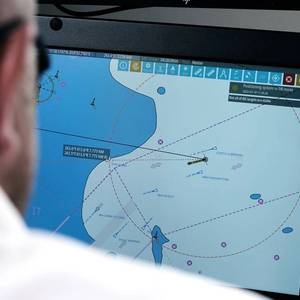
With approval from the Danish Emergency Management Agency, DanPilot and Danelec are now initiating a test program for remote pilotage—the first of its kind in the world. The approval marks a significant step towards a technological paradigm shift, opening new possibilities for safety, climate action, and operational efficiency in the maritime sector.
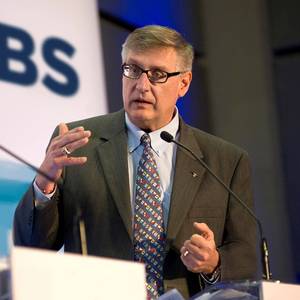
At the 163rd ABS Annual Members Meeting, the classification society says it has never been stronger, with substantial growth and leading safety performance reported. Key numbers in 2004 included the fleet growing to 300 million gross tons, giving it pole position in global class in global new order share with 22 percent.
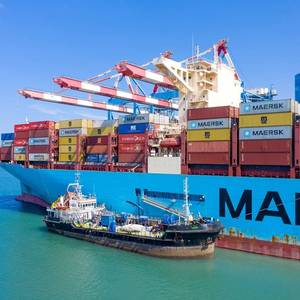
The maritime industry has worked with a single fuel source for over a century and with the rush to meet emission standards in both domestic and foreign markets, adapting to the current list of alternative fuels is going to present significant problems. Each market has its issues whether bluewater, brownwater, coastal, foreign or domestic.
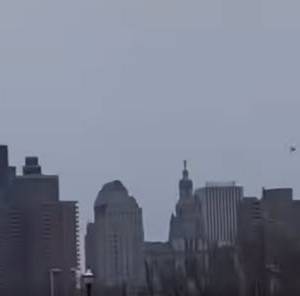
The US Coast Guard is coordinating with local, state and federal agencies in response to the helicopter crash in the Hudson River that occurred Thursday afternoon in New York City near the Holland Tunnel.The tourist helicopter crashed into New York City's Hudson River, killing all six aboard, including three children, Mayor Eric Adams said.
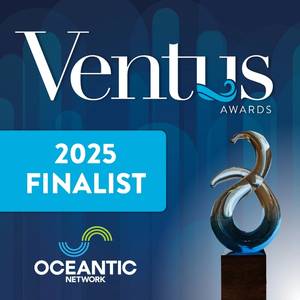
Bardex, a global leader in products and engineering services that tackle marine-based challenges, is honored to be a Ventus Award finalist. The awards, in eleven categories, recognize and celebrate people and products that advance the feasibility and adoption of offshore wind and other ocean renewables.

Newly released video footage captured by advanced AI-powered cameras has provided crucial insights into the collision between the container ship MV Solong and the U.S.-flagged tanker Stena Immaculate off the port of Grimsby earlier this week.The footage, recorded by Orca AI’s SeaPod lookout unit mounted on the anchored tanker Ionic Aspis, reportedly shows the exact moment of impact.
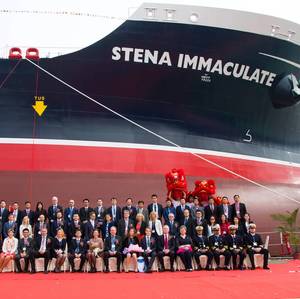
Inevitably, when a maritime accident like the one involving U.S.-flagged chemical tanker Stena Immaculate and the Portuguese-flagged container vessel Solong happens, the first question invariably is an incredulous: "How could this happen"?Now, a relatively rare collision off the coast of Britain has sparked concerns over what went wrong despite standard safety protocols